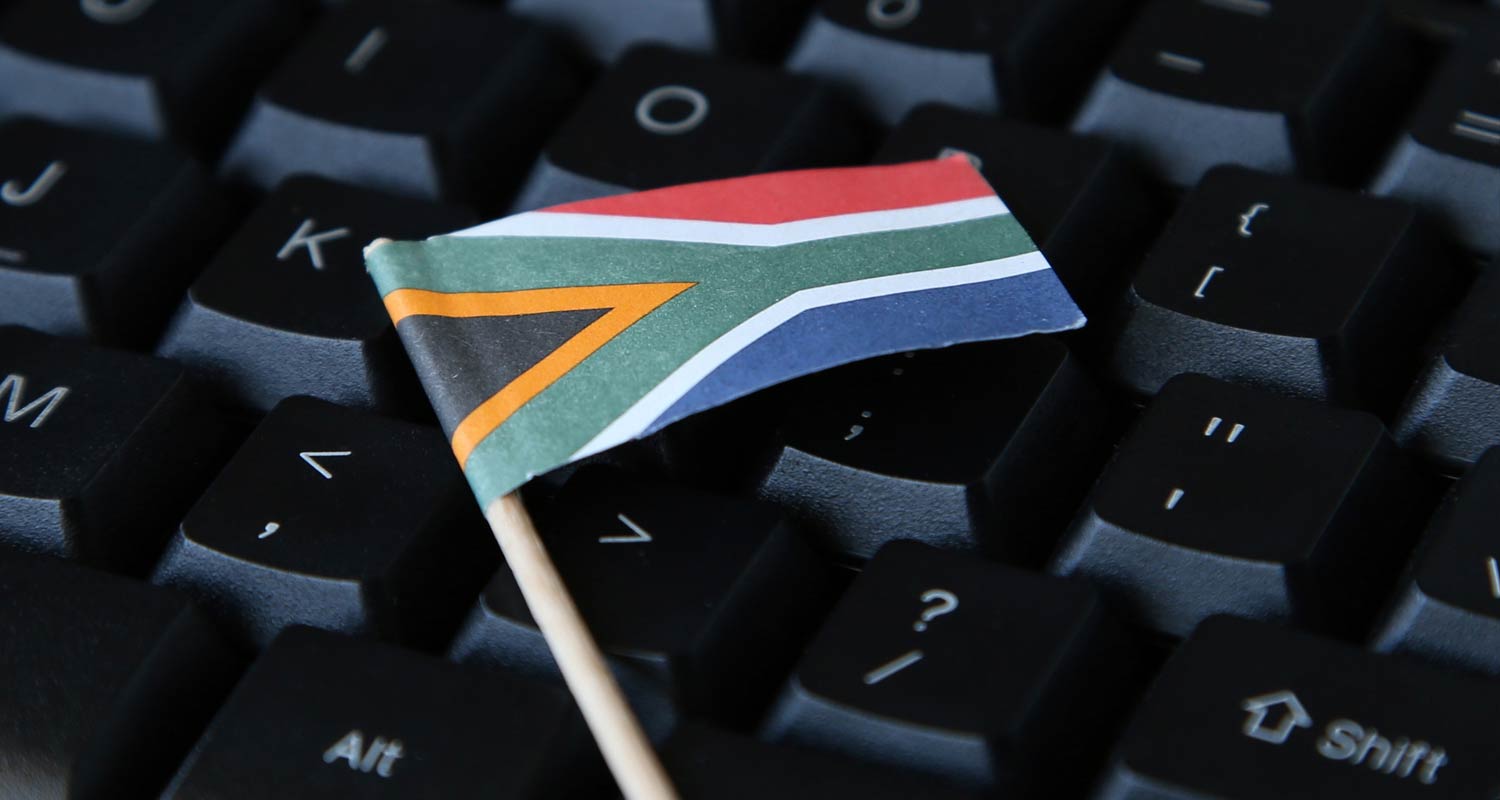 These are the articles, videos and more that caught the attention of TechCentral’s editorial team in the past 24 hours.
These are the articles, videos and more that caught the attention of TechCentral’s editorial team in the past 24 hours.
- You can now see the code that helped end apartheid: Tim Jenkin, a former anti-apartheid activist, used his hacking skills to develop a secure communication system that helped the ANC in the 1980s. After escaping from prison, Jenkin devised “Operation Vula” to solve the ANC’s communication problems under constant surveillance. Using a primitive Toshiba PC and one-time pad encryption, Jenkin’s system allowed activists to send encrypted messages via phone lines securely, smuggling information crucial to the anti-apartheid movement. The solution played a key role in the struggle to end apartheid. Read more on Wired (soft paywall). TS
- Crises at Boeing and Intel are a US national emergency: Boeing and Intel, once icons of American manufacturing, are struggling, with their combined market value halved in five years. Their decline threatens US technological and economic leadership, especially against rising competition from China. Intel’s chip woes and Boeing’s mismanagement highlight a broader issue: America’s loss of manufacturing excellence. National security concerns demand urgent attention to these companies’ revival, alongside broader investments in tech and engineering, according to this article in The Wall Street Journal (hard paywall). DM
- Tech giants set to pay through the nose for nuclear power that’s still years away: Tech giants like Google, Amazon and Microsoft are splashing out for nuclear power that’s years away, betting big on small modular reactors (SMRs) to fuel their data centres. While they’re chasing 24/7 clean energy, experts warn SMRs will cost a fortune and may not meet demands fast enough. Meanwhile, existing nuclear plants might hike prices to cash in. Read more on The Register. DM
- OpenAI releases ChatGPT app for Windows: OpenAI has launched a beta ChatGPT app for Windows, offering Plus, Team, Enterprise and Edu subscribers instant access via the Microsoft Store. With an Alt+Space shortcut, Windows 11 users can summon it easily. The app mirrors the web version, supporting GPT models, image generation with Dall-E 3, and file analysis. It’s a beta, so expect quirks. Read more on Ars Technica. DM
- African crypto start-up Yellow Card raises $33-million in new funding: African fintech startup Yellow Card just scored US$33-million in funding from Blockchain Capital and others to fuel its rapid growth. Operating in 20 African countries, it helps users transfer money across borders using stablecoins like USDT and USDC, with lower fees than traditional methods. Despite crypto bans in some African nations, Yellow Card continues expanding, eyeing new markets like Ethiopia and Egypt. Read more on Semafor. DM
- Canon EOS R5 II review: Canon’s most powerful camera yet puts Sony on notice: Canon’s EOS R5 II, priced at $4 300, is a powerful contender in the mirrorless camera market, challenging Sony’s A1 with its impressive autofocus, shooting speed and video capabilities. Boasting a 45-megapixel sensor, it delivers excellent image quality and stabilisation. While its innovative eye control AF remains inconsistent, and overheating can still be an issue, it’s Canon’s best in years, excelling in handling and performance, according to this review on Engadget. DM
- Tim Cook on why Apple’s huge bets will pay off: Apple is staking its future on two products: its Vision Pro virtual reality headset and Apple Intelligence, the company’s AI offering. CEO Tim Cook explains why these products are critical to the company’s future and why Apple is not “late” to the AI party. Read more in the The Wall Street Journal (hard paywall). NN
- The rise of India’s private space firms: India managed to send a spacecraft to the dark side of the moon for a mere $75-million. Innovative engineering and a start-up approach are helping Indian space firms reach new frontiers on a shoestring budget. Learn more in this video by Bloomberg Originals on YouTube. NN
- Wireless data speed record closes in on 1Tbit/s: Scientists at University College London have set a new world record in wireless data transmission speeds, sending a blistering 938Gbit/s over the air through a combination of radio and light technology. More on New Atlas. TS
Top stories on TechCentral in the past 72 hours:
- A new generation of telescopes could transform our knowledge of the universe
- Western car giants risk being left behind by China’s EV industry
- Pargo considers foray into rest of Africa
- Why are we so obsessed with Elon Musk?
Bookmarks is a daily feature on TechCentral and published Monday to Friday, excluding public holidays.
Don’t miss:
Bookmarks | These stunning photos celebrate the intricacy of the microscopic world




